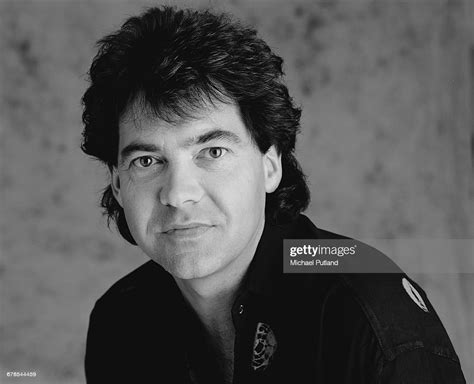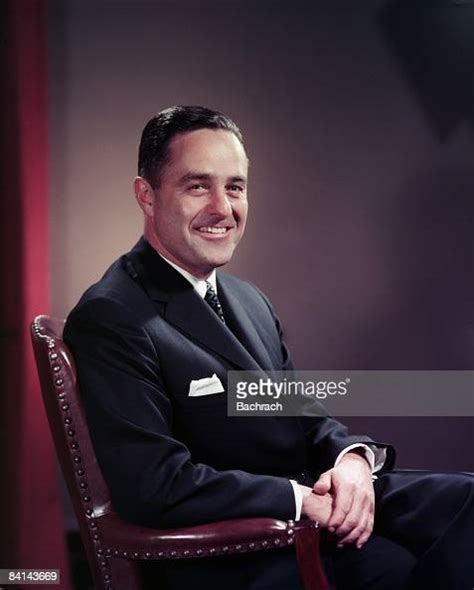A Quote by Simon May
Greed often finds more pleasure in taking from others than in giving to itself.
Related Quotes
It is pleasure that lurks in the practice of every one of your virtues. Man performs actions because they are good for him, and when they are good for other people as well they are thought virtuous: if he finds pleasure in helping others he is benevolent; if he finds pleasure in working for society he is public-spirited; but it is for your private pleasure that you give twopence to a beggar as much as it is for my private pleasure that I drink another whiskey and soda. I, less of a humbug than you, neither applaud myself for my pleasure nor demand your admiration.
The more we have given to ourselves, the more we have to give to others. When we find that place within ourselves that is giving, we begin to create an outward flow. Giving to others comes not from a sense of sacrifice, self-righteousness, or spirituality, but for the pure pleasure of it, because it's fun. Giving can only come from a full, loving space.
Sorrow, terror, anguish, despair itself are often the chosen expressions of an approximation to the highest good. Our sympathy in tragic fiction depends on this principle; tragedy delights by affording a shadow of the pleasure which exists in pain. This is the source also of the melancholy which is inseparable from the sweetest melody. The pleasure that is in sorrow is sweeter than the pleasure of pleasure itself.
The final moment of success is often no more thrilling than taking off a heavy backpack at the end of a long hike. If you went on the hike only to feel that pleasure, you are a fool. Yet people sometimes do just this. They work hard at a task and expect some special euphoria at the end. But when they achieve success and find only moderate and short-lived pleasure, they ask is that all there is? They devalue their accomplishments as a striving after wind. We can call this the progress principle: Pleasure comes more from making progress toward goals than from achieving them.
...the tragedy of consumerism: one acquires more and more things without taking the time to ever see and know them, and thus one never truly enjoys them. One has without truly having. The consumer is right-there is pleasure to be had in good things, a sacred and almost unspeakable pleasure, but the consumer wrongly thinks that one finds this pleasure by having more and more possessions instead of possessing them more truly through grateful contemplation. And here we are, living in an economy that perpetuates this tragedy.
He who always seeks more light the more he finds, and finds more the more he seeks, is one of the few happy mortals who take and give in every point of time. The tide and ebb of giving and receiving is the sum of human happiness, which he alone enjoys who always wishes to acquire new knowledge, and always finds it.
There is in each of us an ancient force that takes and an ancient force that gives. A man finds little difficulty facing that place within himself where the taking force dwells, but it's almost impossible for him to see into the giving force without changing into something other than man. For a woman, the situation is reversed. ... These things are so ancient within us that they're ground into each separate cell of our bodies... It's as easy to be overwhelmed by giving as by taking.
A Godly leader ... finds strength by realizing his weakness
finds authority by being under authority
finds direction by laying down his plans
finds vision by seeing the needs of others
finds credibility by being an example
finds loyalty by expressing compassion
finds honor by being faithful
finds greatness by being a servant
The most important aspect of love is not in giving or the receiving: it's in the being. When I need love from others, or need to give love to others, I'm caught in an unstable situation. Being in love, rather than giving or taking love, is the only thing that provides stability. Being in love means seeing the Beloved all around me.




































